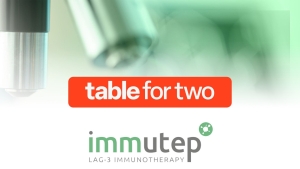
In the fifth episode of a six-part interview series on immunotherapy, Marc Voigt, CEO and Executive Director of Immutep (ASX:IMM), explains the complex and heavily regulated process of bringing a new drug to market. The journey from discovery to approval can take over 15 years, involving preclinical development, multiple phases of clinical trials, and stringent regulatory scrutiny. The FDA is particularly influential, given that the US accounts for up to 60% of the global oncology market.
Clinical trials are costly, with expenses varying by location and trial phase—Phase 3 trials, involving multiple hospitals and large patient groups, are especially expensive. The likelihood of success is low, with fewer than one-third of oncology drugs progressing from Phase 2 to Phase 3, and even then, approval is not guaranteed. To mitigate risks, companies must rigorously test drugs in controlled settings, collaborate with research organisations, and validate efficacy through biomarkers and statistical analysis.
Immutep’s lead candidate, eftilagimod alpha (Efti), is currently in Phase 3 trials for non-small cell lung cancer, with recruitment underway across more than 25 countries. The company is also advancing trials in breast, head and neck, and soft tissue cancers. With the global non-small cell lung cancer market valued at US$24 billion, a successful outcome for Efti could represent a major breakthrough for both patients and investors.
Copyright 2025 – Finance News Network
Source: Finance News Network